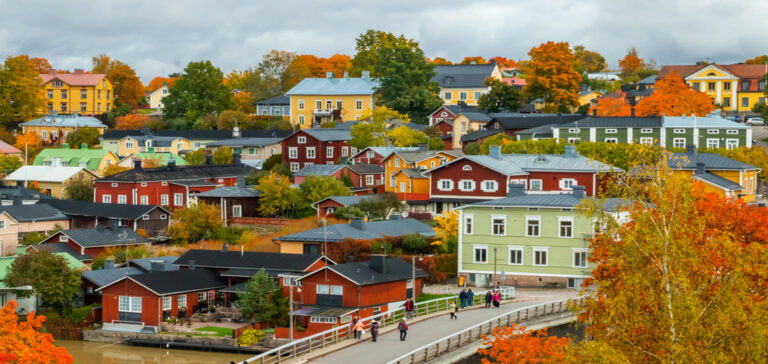An increase in the threat of Russian operations in Finland has been noted by intelligence services since the country joined NATO. This announcement comes as the Finnish authorities investigate the possible sabotage of a gas pipeline, recently closed due to a suspicious leak.
Increasing the threat
At a press conference, Supo director Antti Pelttari declared that “the threat of espionage or influence operations against critical infrastructure has increased”. Relations between Finland and Russia have “significantly deteriorated” since Finland joined NATO in April. According to the annual report of the Finnish services, Russia is “prepared to take action against Finland” in response to NATO membership.
The Gas Pipeline Survey
The Finnish authorities are currently investigating the leak that shut down the Balticconnector gas pipeline between Finland and Estonia. They suspect possible outside intervention in the incident. Mr. Pelttari did not reveal the origin of the leak, but stressed that “the involvement of a state actor cannot be ruled out”.
After three decades of military non-alignment, Finland, which shares a 1,300-kilometer border with Russia, became NATO’s 31st member country in April. The pipeline incident comes a year after the sabotage of the Nord Stream pipeline, which transports natural gas from Russia to Germany, an act whose origin is still unknown.
Supply stability
Finnish operator Gasgrid believes that the situation in the Finnish gas system will remain stable thanks to supplies from the floating liquefied natural gas (LNG) terminal at Inkoo, in the south of the country. However, repairs to the damaged pipeline will take at least five months.
Although Supo believes that operations crippling Finnish infrastructure remain “unlikely in the short term”, he considers Russia’s main aim to be intimidation. The energy sector is particularly sensitive to such threats.
NATO Secretary General Jens Stoltenberg has promised a “determined response” from the Alliance in the event of confirmation of a “deliberate attack” causing damage to the gas pipeline between Finland and Estonia in the Baltic Sea. Estonia is also a member of NATO.






















